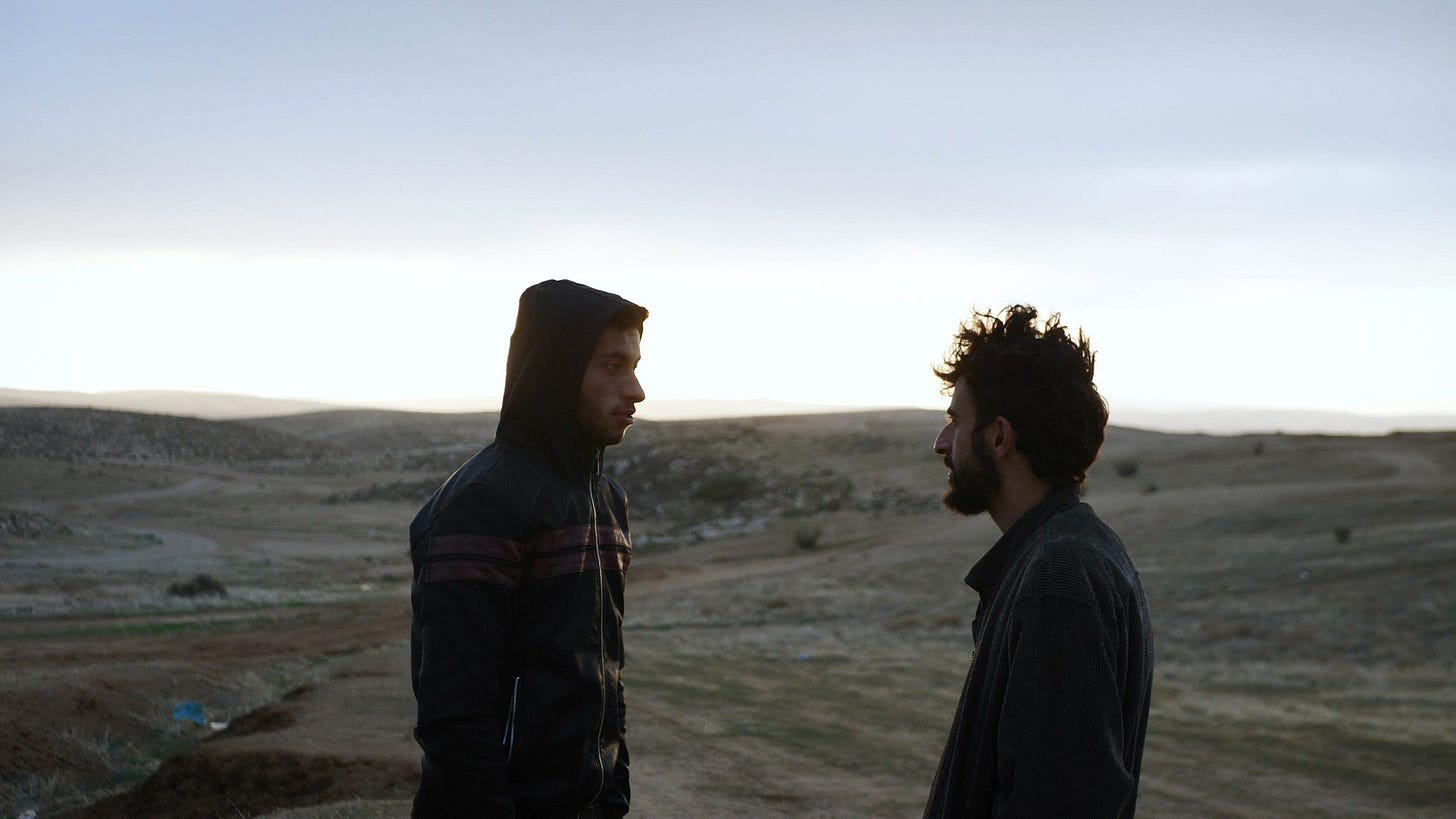It's like being a bird in a cage.
Weekly Directed By Women Viewing Guide
This week I am recommending one of the best documentaries of the year, a new indie drama, two films with unique emotional spins on time travel, a cheeky ghost story from director Ann Hui, a short spin on Filipino folklore, a singular noir, and a short documentary about life under occupation in Ga…
Keep reading with a 7-day free trial
Subscribe to Cool People Have Feelings, Too to keep reading this post and get 7 days of free access to the full post archives.



